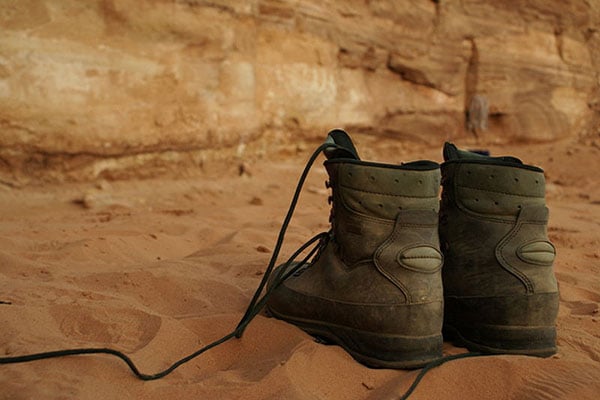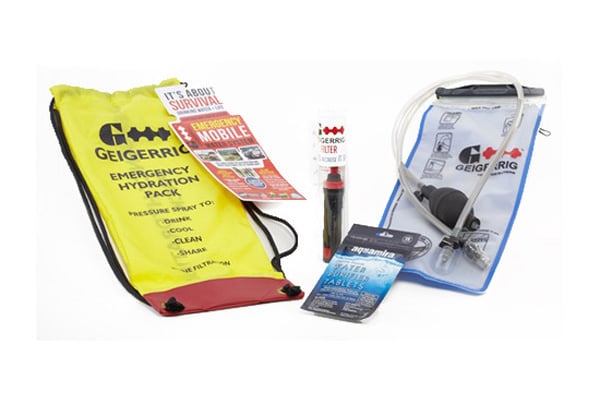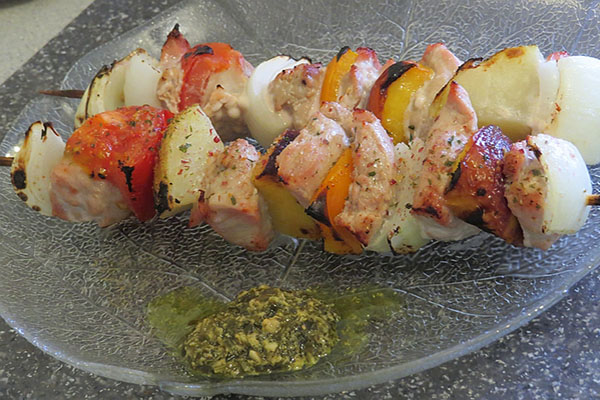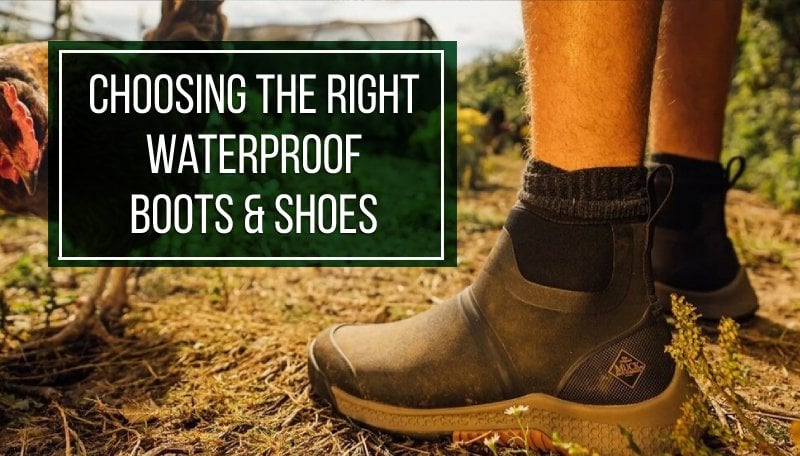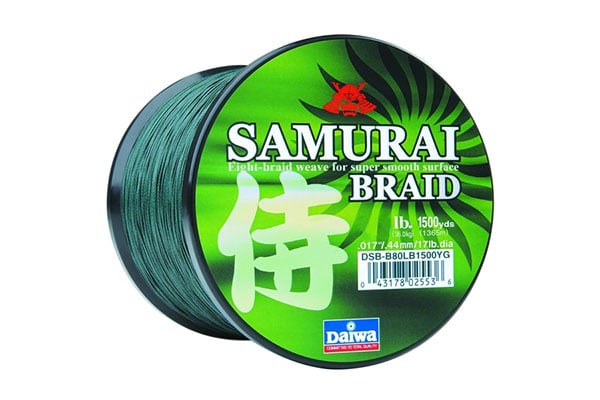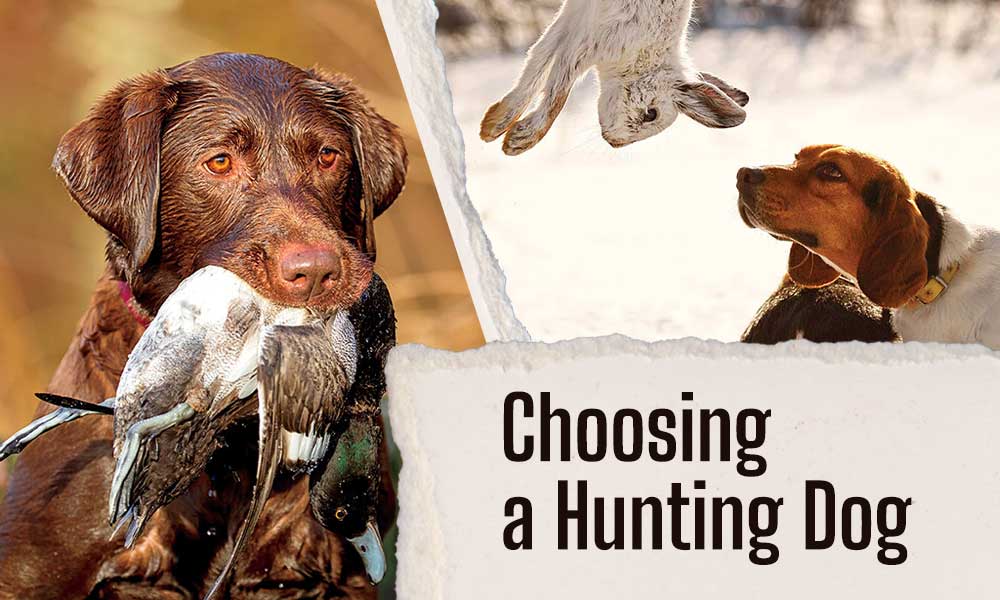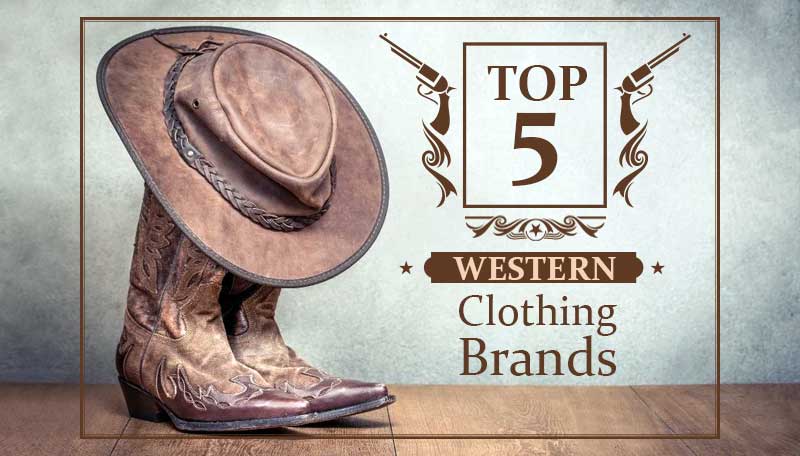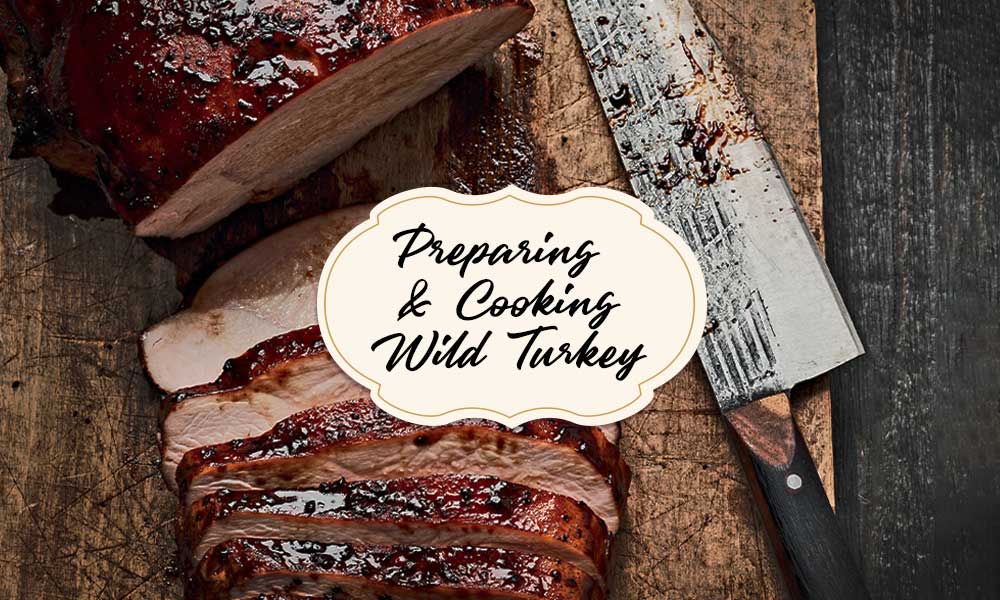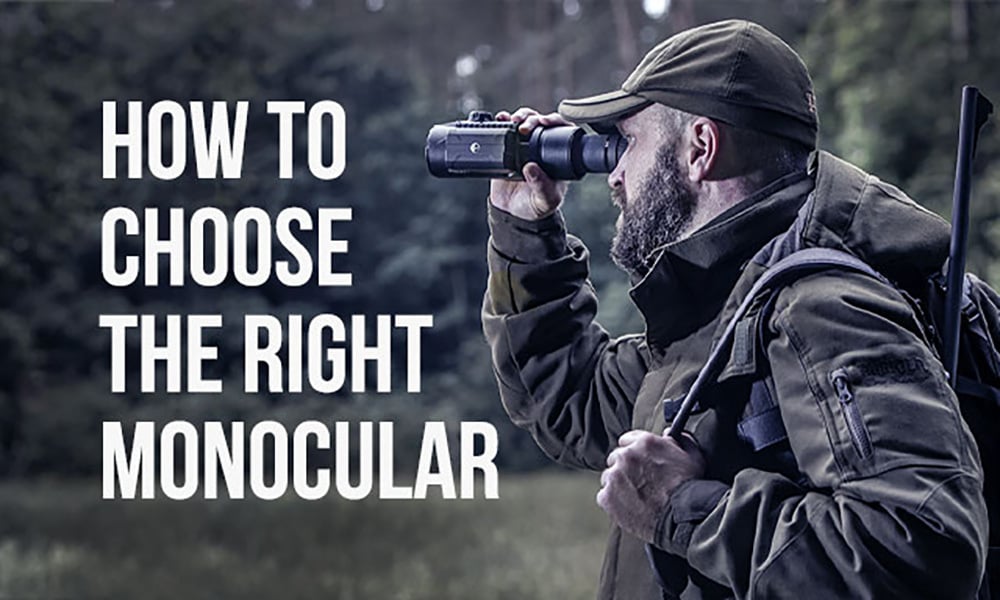Last Updated on
By David Link
Unfortunately not all of us were introduced to the outdoors by our parents, relatives or friends. But the good news is there is always room for more outdoorsmen or women in this great nation of ours. For those who don’t know where to start, we’ve put together this guide to gearing up for outdoor activities. We’ll cover how to get started in firearms proficiency, outdoor hikes and camping trips, and hunting adventures. Let’s get started so you can get out there.
Hunter Safety Course
You’ve probably heard it before, but a great place to start your outdoor adventures is with a hunter’s safety class. What about those who want to fish, hike or camp but never hunt? It really doesn’t matter, the best place to start is a hunters safety course because it is actually a wide reaching course to outdoor activities, not just firearm related activities. You’ll learn basic survival techniques, the ethics and proper behavior of those who spend a lot of time in the outdoors and the basic ways to hunt and fish in the area you reside. If you don’t plan to hunt, this is still a worthwhile course because you’ll inevitably be sharing the wilderness with hunters at some point. Taking a course like this will ensure you know what their preferred behavior and seasons are so you don’t place yourself in a dangerous situation during a hunting season.
Get Some Boots / Outdoor Shoes
This one is pretty simple, but if you’re going to be spending a good deal of time exploring the outdoors, you’ll want to invest in some decent footwear. After all, it’s going to rain or you’ll have to trudge through a creek or muddy trail at some point, and those old worn down tennis shoes with no tread are not going to cut it. Good tread and quality footwear won’t just help you look the part, they will help keep you safe. Loose gravel and muddy slopes can lead to injuries, so footwear designed specifically for outdoor treks is a prudent investment no matter what your plans.
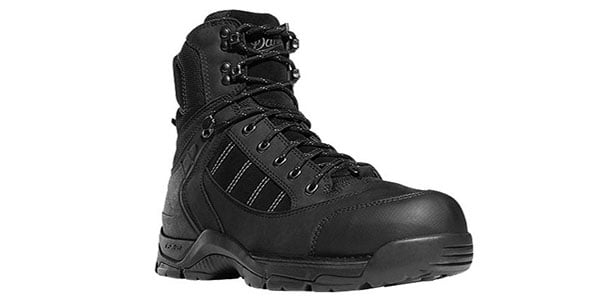
Get A Knife
We’ve said it before, but every outdoorsman or woman needs an outdoor knife. This isn’t really an optional tool, this is a must have. Skip the knock off cheap knives and go with something you can rely on. A good knife can come in handy in a hundred different ways, and it’s also a key item to have in an emergency. You have two options when it comes to knife selection: fixed blade or folding knife. If you’re a hunter, a fixed blade knife with a drop point blade is the perfect choice. It will serve as an outdoor knife, but you can also use it to skin game. Those who want a true survival knife will also want a fixed blade knife, and the single fixed blade will ensure strength for demanding tasks like chopping or splitting wood. If you’re a casual hiker or fisherman, then a folding knife will suffice, but just remember that the joint of a folding knife is its weak point, and if you put it through too many demanding tasks, it may break on you at an inopportune time.
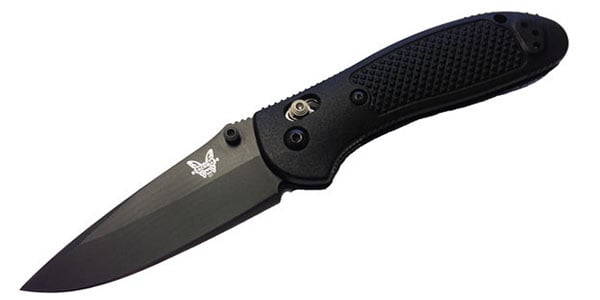
Do Some Exploring
It can actually be somewhat intimidating, but the only way to learn where the best places to hike, camp, fish or hunt is to do some exploring. Start with a web search with a trail finder website or something similar that also lists public fishing and hunting opportunities around you. You might also consider a local trails book, or hunting or fishing book so you have something physical to fall back on. Depending on where you live, when you get off the beaten path your phone will be out of service. Don’t panic, this is a good thing. However this is a great reason to have a physical map and or guide book on hand. You don’t necessarily need a GPS, but you should do a good job of scouting before you head off and especially when you separate yourself from your vehicle. You’ll find that as you head towards your chosen destination, new and interesting sites will reveal themselves. The best hiking, camping, fishing or hunting spot is rarely the first place you try. It’s what you find along the way that turns out to be the real hidden gem.
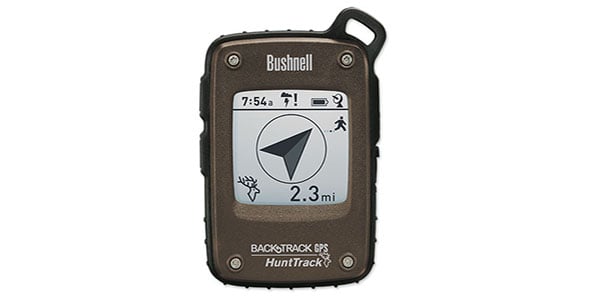
Communication with locals can be a great asset as well, although always take their advice with a grain of salt. This said, you might find the best camping spot, hiking trail, fishing hole or public hunting patch around by asking someone working at a local establishment or recreational spot. Park rangers can be great folks to ask for advice if you happen to be in a state or national park. For those that want to hunt or fish in areas where there aren’t many public opportunities, the best approach is to ask local landowners. Approach them with a friendly outreach and offer to help them around their property or suggest payment for the privilege. Just remember it doesn’t always have to be money, but make sure the landowner is aware of how much you appreciate the opportunity. Now don’t be surprised if they turn you down. That will probably be the more common outcome, so it’s best to grow thick skin and get used to it. But if there are no public hunting or fishing opportunities around, you’re stuck with this alternative. So ask around and who knows, you might make a new hunting or fishing buddy along with finding a new place to pursue your new hobby.
Leave It How You Found It
The worst thing you can do as a new outdoorsman or woman is to litter or leave the wilderness different than how you found it. Hunters should always do their best to pick up every single spent shell. Campers should go out of their way to secure every piece of trash they produce, and ideally no food should be left around when you leave. You’re impacting the local wildlife population if you try to feed them corn chips or something similar. For fisherman, unless harvesting fish from a body of water is allowed, catch and release is the only way you should fish. Over-fishing a body of water could impact the ecosystem in a negative way, and you want fish to be there for future generations, not just yours. The same goes for hunters and bag limits. Finally, remember that hunting and fishing permits fund conservation efforts, so don’t skip on them if you’re participating in the hunting or fishing season.
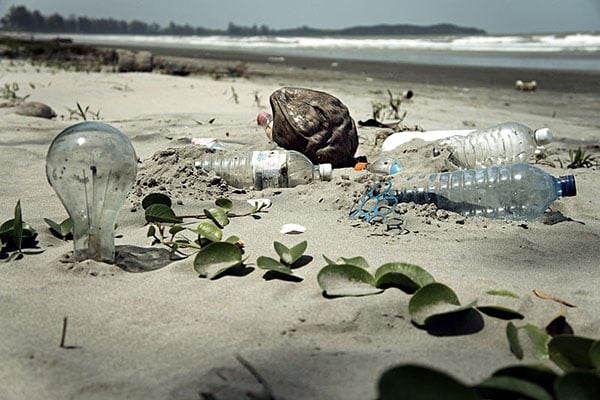
There are a few things you can do to impact the area positively. Certain areas subject to forest fires can actually benefit from loose limb pickup, so don’t be afraid to pick up a few sticks around a campsite for kindling as long as the area allows it. If you see litter that isn’t yours, go out of your way and pick it up. It’s a shame the person who left it didn’t respect the area, but you should, so don’t be complacent to other people’s mistakes.
Start Saving For Your Adventures
It’s no real secret that some outdoor adventures can be fairly expensive. A good rifle, matching rifle scope, quality hunting apparel, decoys, and blinds or stands are the real challenge for hunters. Fishing rods and reels, waders and boots, tackle and related accessories can be the real investment for hunters. Many different outdoorsmen and women will need tents, sleeping bags, camping accessories and equipment, flashlights and lanterns, and a whole host of other products to make their adventures as comfortable as possible. Just remember that gear accumulation is a process, and it is not something that happens overnight unless money is no object. Focus on the essentials and buy equipment that will last. You’ll want to go prepared with quality equipment, because if you skimp on the essentials, your outing won’t be very comfortable and you’ll be less likely to return.
Thumb and image four courtesy of Wikimedia Commons.
